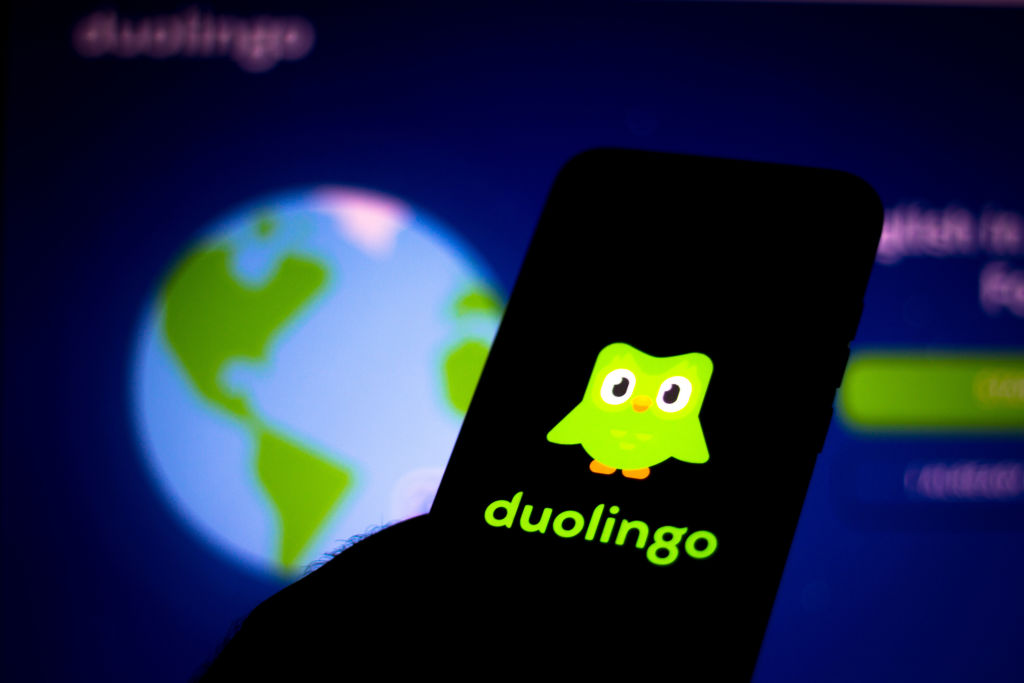The transition toward Artificial Intelligence continues to reshape industries, and language-learning platforms are not exempt from this transformation. Duolingo has recently cut approximately 10% of its contractor workforce, a move that comes in tandem with the company’s increasing reliance on AI technologies, such as OpenAI’s GPT-4, to enhance content production and translations. As we delve into this topic, we will explore the implications of such shifts on both the workforce and users, and what it means for the future of language learning.
The Role of AI in Language Learning
AI is often praised for its efficiency, enabling companies like Duolingo to automate processes that were once the domain of human workers. By leveraging large language models, Duolingo is able to generate content, translations, and a variety of language learning exercises at an unprecedented scale. This technological infusion raises an essential question: Is the role of human experts becoming obsolete?
- Content Generation and Quality Assurance: While AI can produce translations and content, Duolingo emphasizes the importance of human expertise. The company employs content curators to review and validate the AI-generated material, ensuring that it adheres to the Common European Framework of Reference for Languages (CEFR). This level of oversight is crucial for maintaining educational standards.
- User Experience Enhancement: Duolingo Max, the company’s premium subscription service, integrates AI to provide users with personalized feedback and interactive chatbots aimed at fostering conversational skills. This illustrates a shift from traditional learning methods to a more dynamic, AI-driven approach.
Impact on Employment and Job Security
The job cuts at Duolingo have underscored wider concerns about employment in the age of AI. Contractors already face high levels of uncertainty due to temporary contracts, and the declaration that AI is influencing job reductions has only intensified these fears. As noted by industry observations, such transitions can lead to skepticism among users about the quality of automated translations versus those crafted by seasoned linguists.
- Contractor Concerns: Many contractors, who often represent a significant portion of the workforce, are understandably upset. The lack of job security and benefits, paired with the knowledge that AI is now handling tasks they once performed, contributes to mounting anxiety about future career stability.
- User Trust in AI: Learners express concerns over the cultural nuances and idiosyncratic expressions that AI might miss. Language learning is a deeply human endeavor, and while AI can offer extensive resources, it may not yet capture the full richness of human language understanding.
The Balance between Innovation and Human Insight
As Duolingo embraces AI, it is imperative to recognize the delicate balance between efficiency and the human elements that define language education. While AI advancements offer diverse learning paths and scalable content, human instructors provide invaluable insights that technology alone may not replicate.
Furthermore, the World Economic Forum’s Future of Jobs report emphasizes that the integration of AI across various sectors may lead to the transformation of approximately 23% of jobs in the next five years. It raises the question of how we can harmonize the advancements in technology with the preservation of human employment opportunities.
Conclusion: Embracing AI with Caution
Duolingo’s decision to scale back its contractor workforce in favor of AI development signals a broader trend within tech-driven industries. As the landscape of language learning evolves, it is essential to adhere to a balanced approach that embraces innovation while safeguarding the roles of human experts. The future of language education should not solely rely on AI but should incorporate the rich contributions of human experience, ensuring learners not only receive accurate translations but also cultural context and expert guidance.
At fxis.ai, we believe that such advancements are crucial for the future of AI, as they enable more comprehensive and effective solutions. Our team is continually exploring new methodologies to push the envelope in artificial intelligence, ensuring that our clients benefit from the latest technological innovations.
For more insights, updates, or to collaborate on AI development projects, stay connected with fxis.ai.

